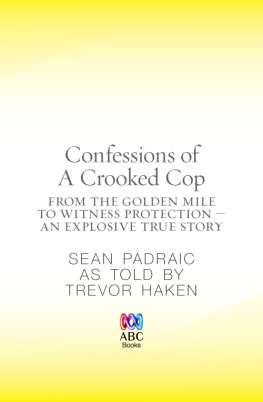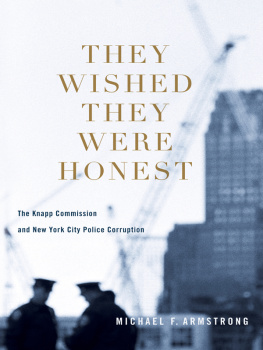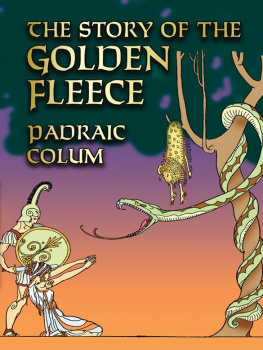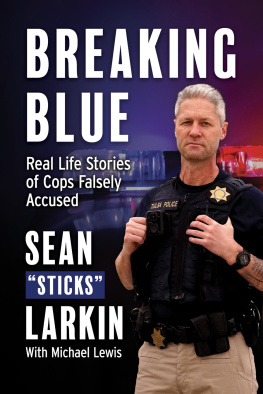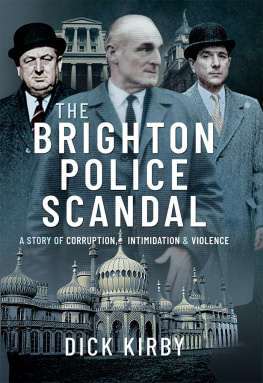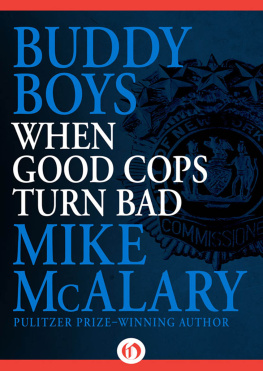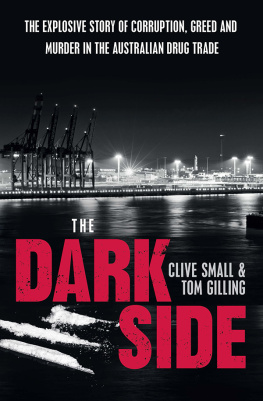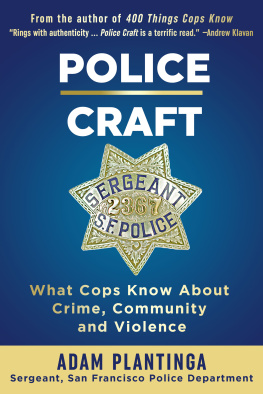A FAIR DINKUM ROYAL COMMISSION
As an independent politician, John Hatton spoke out about police corruption in New South Wales. He had a reputation for honesty, and people with stories to tell knew that he would hear them out. He would act on information and it seemed the more hopeless the case, the more passionate he became. While Hatton had the protection of parliament to help expose the truth, there was still danger in what he did.
Senator Don Chipp, the founding leader of the Democrats, had raised questions in Federal Parliament about the need for an inquiry into the administration of law in New South Wales. In State Parliament, John Hatton said what many feared: that the police force was out of control. Hatton faced a largely uninterested press, a hostile police force and a weary public. Yet his ripples of activism and growing public awareness eventually forged into the tide that brought about the Royal Commission into the New South Wales Police Service.
John Hatton has an intensity and passion common to people with a mission. He is a man who is never short of words or an opinion. He believes in the truth and speaks as if every word can make a difference. In recent years, Australians voted for John Hatton as a National Treasure so it is clear that people valued what he said and did. This acknowledgment by the public is something that still moves him.
Journalist Frank Walker wrote at the time Whatever judges name ends up on this inquiry, it will always be the Hatton Royal Commission into Police Corruption.
While history has not recorded it this way, Hatton and many others know the truth. When pressed for a summary of his contribution to the establishment of the Royal Commission, John Hatton told me: It would appear to be immodest if you quote me directly, but the truth is that it would not have happened without me.
There are few who would disagree with Hatton, and, although he qualifies his remarks, these include the former police minister, Paul Whelan.
Whelan spoke to me about John Hatton, whom he called a hero:
He was very anti-corruption and had his teething in the mid 1980s with the disappearance of the Griffith fellow Don Mackay. With that Hatton learnt a lot about the Police Service and the way it worked, and the way it should not have worked. He had a lot of issues; he got a lot of informal information from people within the Service. Some were disillusioned, some were not the right informants for him, but some were. And to a certain extent, I have to say he was quite brave he just ploughed on and if you dont worry about the cause of it but worry about the justifications and effect of it, then Hatton would have to be up there as a political hero. He did a great job. No one can deny that. But having said that, I think the merit of the argument he put in the Parliament about formation of his Royal Commission wasnt new stuff, but there was a new regime in the opposition, a new political will in the Labor opposition to do something about it.
In Hattons view, there were many forces that led to the Royal Commission. There had been a long history of exposure of actual police corruption, which, over a period of time, created a climate of opinion that police corruption remained rife. Then there were some specific events that set the stage for a Royal Commission, such as the Rigg Inquiry. The Rigg Inquiry had looked into the attempt of Angus Alexander Rigg to kill himself in the cells of Milton police station in 1991. The police response in that case had been one of paper shuffling and obfuscation.
The Rigg Inquiry described the reaction to the television program A Current Affair as touching off a terminal rupture in relations between the then minister and the Commissioner of Police since Mr Pickering was not appropriately advised of the incident by the police service.1
Hatton sees the Rigg Inquiry as a pivotal point in the minds of many who sat in parliament. First, parliamentarians were directly involved through the committee that consisted of members of both sides of parliament. It became clear to these members that police were prepared to lie under oath. John Hatton told me: To a lot of thinking people in parliament, this was a gross distortion of the Westminster system.
In the inquiry into the relationship between Police Commissioner Lauer and Police Minister Pickering, it was accepted that Lauer warned Pickering with the words, If you put shit on me, Ill put shit on you. Hatton made a key speech in parliament pointing out that it was an extraordinary situation where the police commissioner could threaten a minister. A parliamentary committee had found that Lauer did threaten a minister of the Crown and yet the Minister resigned and the Police Commissioner had his time extended. The words Hatton used in Parliament were that this stood the Westminster system on its head.
It is John Hattons view that there has always been a group of MPs within both the Liberal and Labor Parties that knew there was corruption within the police force but thought that it was benign. Suddenly, some of the more conservative members of the committee such as Liberal Andrew Tink and National Party member Don Page were stunned by the behaviour of the police at the inquiry.
Hatton claims that it had a dramatic effect on people such as Bruce Baird and the Speaker of the parliament, Kevin Rizzoli, even though they voted with their party against the establishment of the Royal Commission into the NSW Police Service. It is also Hattons view that the inquiry changed the view of a lot of conservatives who would traditionally have supported the activities of the police without question.
Its conventional wisdom in State politics that governments take on the police force at their peril. Hatton pointed out in his August 1996 submission to the NSW Police Royal Commission document Police and the Community The Necessity for Change that It is an undeniable fact that governments are afraid of the perceived political power of the police force. This view was already developed in Hattons Churchill Report on accountability: The significant political clout of police and particularly police unions will continue to be skillfully used to manipulate divisions between governments and oppositions to slow down the introduction of mechanisms of external scrutiny and accountability.2
John Hatton also points out that police are able to attack sensitive electorates through suggestions that crime is on the rise or that a politician or party is soft on crime and does not support the police on the front line. One only needs to have witnessed the competition to see who is toughest on crime in the last state elections in NSW to know that Hattons view is vindicated.
Hatton feels that the Wood Royal Commission broke, at least for a limited time, the spell that the police had on parliament. The members of parliament believed that the police had very important political influence. Not only because there are over 12,000 police, as well as their families and friends; but because they can make life hard for local Members who fail to support police by simply manufacturing or highlighting crime in the Members constituency.
At one point, the Police Public Relations Media Branch had over twenty-six members. Hatton explains: It was an enormous PR machine. Local cameramen and news reporters in country towns and major radio and television stations depend directly on the police for scoops. It is no coincidence to find yourself left out of the picture if you are seen as a consistent critic of the police.
When John Hatton stood to deliver his speech in parliament calling for a Royal Commission, amazing scenes ensued. Hattons secretary had to come up from Nowra for the delivery and things were running late.

